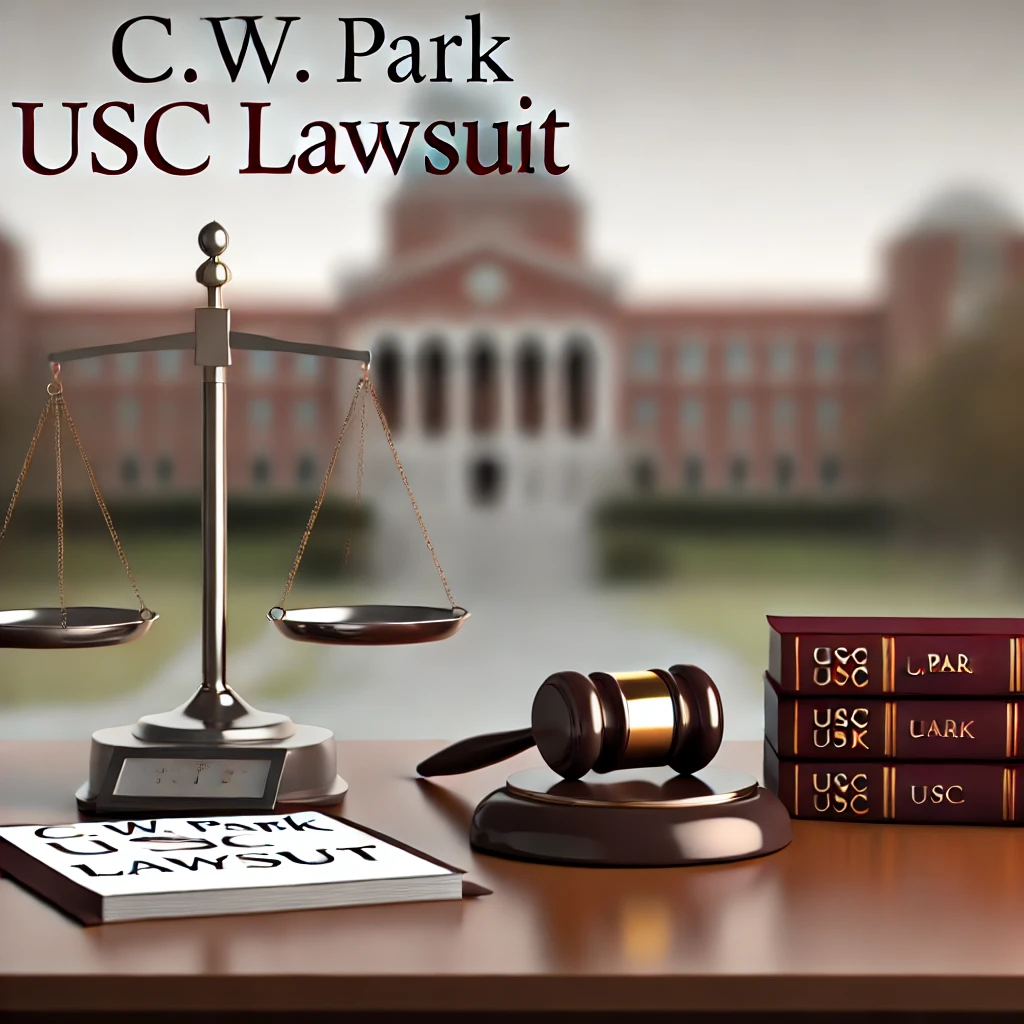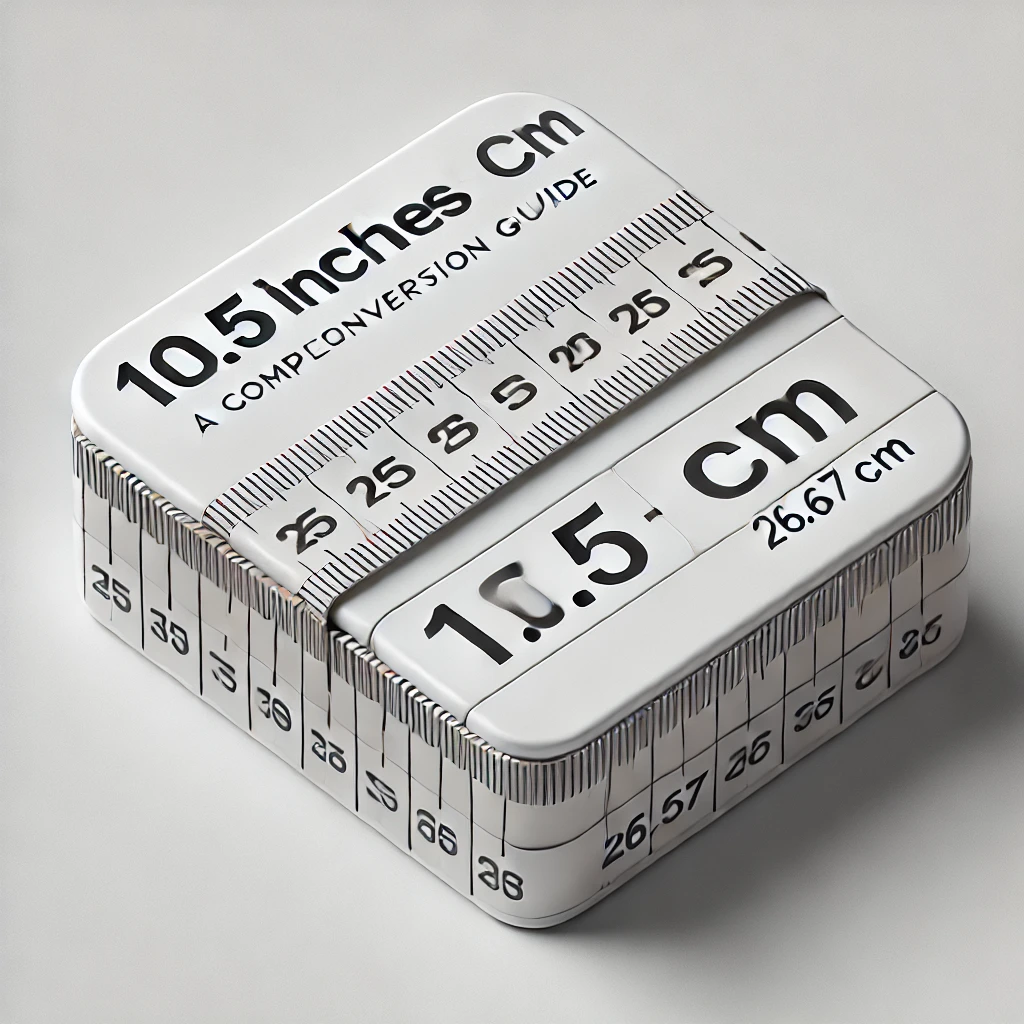The C.W. Park USC lawsuit has garnered widespread attention, as it sheds light on crucial issues involving sexual harassment, discrimination, and institutional accountability. Filed in November 2023, C.W. Park, a former University of Southern California (USC) professor, claims wrongful termination, retaliation, and discrimination against the university. This article delves into Park’s lawsuit, examining its background, the allegations made, USC’s response, the legal proceedings, and the broader implications this case might have for higher education.
C.W. Park’s Career Highlights at USC
To understand the complexities of the C.W. Park USC lawsuit, it’s essential to look at Park’s career and role at the University of Southern California. C.W. Park was a prominent professor at USC’s Ostrow School of Dentistry from 2015 to 2020. During his time at the university, Park was well-regarded for his teaching and research contributions. His work focused on the intersection of dental practices and patient care, earning him recognition within the academic community.
For five years, Park maintained an exemplary record at USC, receiving positive reviews and consistently meeting performance benchmarks. However, his career took an unexpected turn in 2020 when he was suddenly terminated from his position. Park contends that his dismissal was a result of retaliation for his role in reporting sexual harassment incidents, while USC claims poor performance led to his termination.
Allegations in the C.W. Park USC Lawsuit
At the heart of the C.W. Park USC lawsuit are the allegations of wrongful termination, retaliation, and discrimination. Park argues that his termination was directly tied to his reporting of sexual harassment incidents in 2019. Specifically, he reported a case where a student harassed a faculty member. By doing so, Park claims he was engaging in a protected activity under Title IX, which requires universities to address claims of sexual misconduct and discrimination.
According to Park, USC retaliated against him for reporting the incident by orchestrating his termination in 2020. He asserts that the university’s reasoning — citing poor performance — was merely a pretext to hide the real motive behind his dismissal. Park also claims that his termination was influenced by discriminatory practices based on his race and gender, as he is an Asian American male.
Legal Framework: Understanding Title IX and Anti-Discrimination Laws
The C.W. Park USC lawsuit is grounded in federal laws, including Title IX, which mandates that educational institutions receiving federal funding address allegations of sexual harassment and gender discrimination. Title IX ensures that individuals who report such incidents are protected from retaliation.
Additionally, Park’s claim of discrimination falls under federal anti-discrimination laws that protect individuals from bias based on race or gender. To prove his case, Park will need to demonstrate that his termination was influenced by his opposition to sexual misconduct and that he faced adverse actions, such as termination, due to his race and gender.
These laws provide the legal foundation for Park’s claims and serve as a framework for understanding how institutions like USC are held accountable for their actions.
USC’s Response to the Allegations
In response to the C.W. Park USC lawsuit, the University of Southern California has firmly denied all allegations. The university maintains that Park’s termination was solely due to inadequate job performance. According to USC, Park consistently failed to meet the standards required of his position and demonstrated insufficient commitment to student care and faculty responsibilities.
USC has filed a motion to dismiss Park’s lawsuit, arguing that his claims lack factual evidence. The university contends that Park’s allegations of retaliation and discrimination are baseless and speculative, pointing to his documented underperformance as the legitimate reason for his dismissal. USC’s legal team has expressed confidence that Park’s claims will not hold up in court without concrete evidence to support his narrative.
Legal Proceedings and Current Status
The C.W. Park USC lawsuit was officially filed on November 6, 2023, in Los Angeles County Superior Court. Shortly after, USC filed a motion to dismiss the case on December 12, 2023. The university’s motion argues that Park’s claims do not meet the legal standards required to move forward.
A hearing is scheduled for February 2024, during which both parties will present their arguments. If the judge grants USC’s motion to dismiss, Park’s case will be thrown out. However, if the judge finds that Park has provided sufficient grounds for his allegations, the case will proceed to the discovery phase. This process will involve the exchange of documents and witness depositions to gather evidence for the trial.
Given the early stage of the proceedings, it is likely that this case will take over a year to resolve. Park faces the challenge of providing substantial evidence to support his claims and keep the lawsuit alive.
Implications for Faculty-Student Relationships and Campus Culture
The C.W. Park USC lawsuit is not just about one professor and one university — it has broader implications for faculty-student relationships and campus culture at large. The allegations in this case raise important questions about how universities handle reports of misconduct and whether they are doing enough to protect individuals who come forward with allegations of harassment or discrimination.
If Park’s claims are validated, it could prompt other faculty members and students to feel more empowered to report similar incidents. On the other hand, if USC successfully defends itself, it may discourage individuals from coming forward in the future, fearing retaliation or dismissal.
Public Reactions to the Lawsuit
The C.W. Park USC lawsuit has sparked significant public interest, especially within academic circles and advocacy groups. Student organizations and women’s rights groups have voiced concerns about how universities like USC handle cases of sexual misconduct and discrimination. These groups see Park’s lawsuit as an opportunity to demand greater accountability from educational institutions.
Public opinion seems divided, with some sympathizing with Park’s claims of retaliation and discrimination, while others view USC’s stance on the case as legitimate. Regardless of which side people support, the lawsuit has undoubtedly ignited discussions about workplace discrimination and misconduct on college campuses.
Broader Implications for Higher Education
The outcome of the C.W. Park USC lawsuit could have far-reaching consequences for higher education across the country. In recent years, universities have faced increasing scrutiny over how they address allegations of sexual harassment and discrimination. This case will be closely watched by other institutions, as it may influence how universities handle similar claims in the future.
Additionally, the case highlights the power dynamics present within academic institutions. Faculty members hold significant influence over their colleagues and students, and this lawsuit could lead to greater transparency and accountability within universities.
Impact on Future Lawsuits in Higher Education
The C.W. Park USC lawsuit is just one of many cases involving misconduct and discrimination in higher education. If Park’s lawsuit is successful, it could set a precedent for other professors or students to pursue legal action against universities for similar issues. Universities may be forced to reassess their policies and practices to avoid future liability.
Conversely, if USC wins the case, it could embolden other universities to take a more aggressive stance in defending against similar lawsuits. The ruling will have implications not just for USC, but for how academic institutions navigate legal challenges related to discrimination and retaliation.
Possible Settlement and Future Prospects
While the C.W. Park USC lawsuit is still in its early stages, it’s possible that the case could be settled out of court. Settlement negotiations often occur in high-profile lawsuits like this, as both parties may wish to avoid a prolonged legal battle. A settlement could include financial compensation for Park and changes to USC’s policies regarding harassment and discrimination.
If the case goes to trial, the outcome will shape the future of both C.W. Park and the University of Southern California. Park’s professional reputation is on the line, and a victory could vindicate him, while a loss could further damage his career.
Conclusion
The C.W. Park USC lawsuit is a pivotal case at the intersection of employment law, civil rights, and higher education. It raises critical questions about how universities handle allegations of sexual misconduct and discrimination, and the outcome could have long-term implications for academic institutions across the nation. As the case unfolds, it will serve as a reminder of the importance of accountability, transparency, and justice in higher education.
Universities must take a proactive approach to addressing issues of harassment and discrimination, ensuring that faculty and students alike feel safe and supported. The C.W. Park USC lawsuit highlights the need for continued advocacy and policy reform to create a more equitable academic environment for all.



